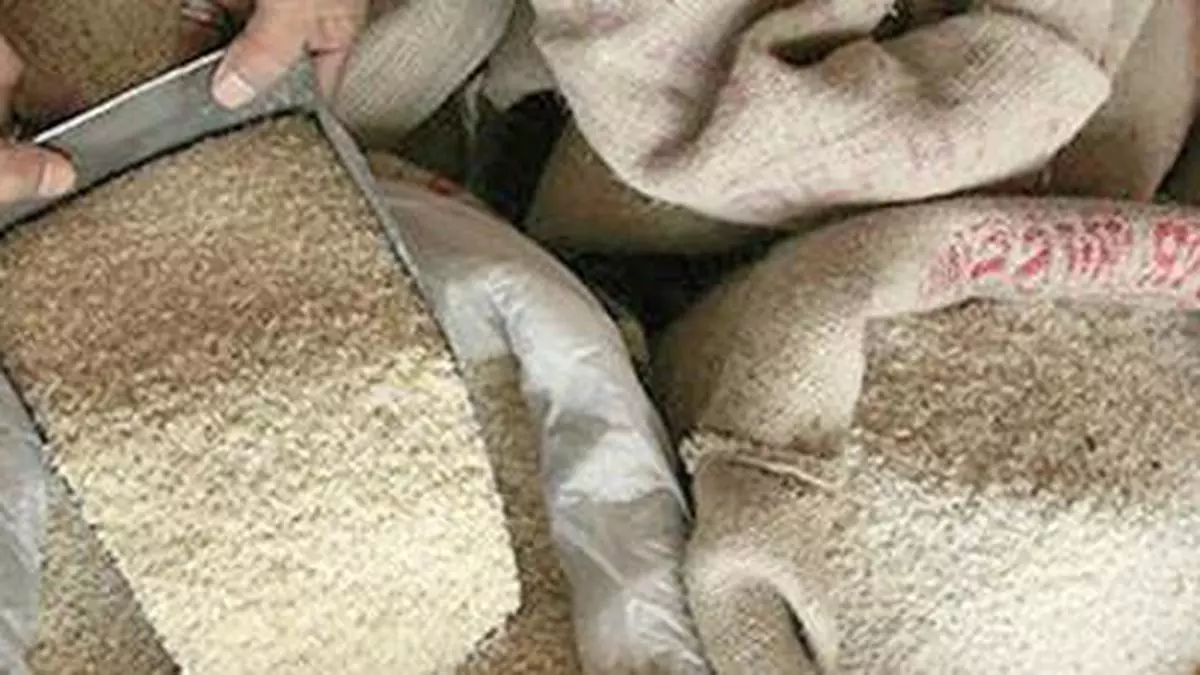G2G demand for broken rice mostly from African nations, say officials
The Directorate General of Foreign Trade (DGFT) put in place an enabling clause last month in the broken rice export ban order that allows exports on a government-to-government (G2G) basis for Meeting the requests of some African countriesofficial sources said.
“There is limited G2G demand for broken rice. Most of them are from African countries. When DGFT came up with the order to ban the export of broken rice, the government thought there would be no demand from governments because there were sources other than India. But then the situation changed,” said an official. It tracks Business line.
According to a notification issued by the DGFT on May 22, while the export policy of broken rice is prohibited, export will be allowed on the basis of permission granted by the government to other countries for their food security needs and upon the request of their government.
Also read: India’s exports of non-basmati rice increased by 4% in April-January of FY23
“If you look at our previous export ban notices banning wheat and wheat flour, we kept a provision like this allowing export on a G2G basis in the original notification itself. In the case of the export ban notification for broken rice, that provision was not there. Hence, it had to be Than to make an adjustment when export orders started to appear.
The official said the export orders were in small quantities that would not affect India’s domestic stocks or the availability of food grains.
Most African countries have placed orders for broken rice, at least until recently. The official said exports on a G2G basis were unlikely to cause any significant decline in food grain stocks in India.
The effect of the export ban
center Ban on the export of broken rice in September 2022 Because of its increased price, and shortage of supply local requirements, And a sharp increase in exports.
India’s exports of broken rice fell 13.9 percent in 2022-23 to $983.5 million from $1.13 billion in the previous financial year. Exports were severely restricted after the export ban.
Indian wheat and rice stocks The food ministry said in a statement earlier this month that the central pool comfortably holds more than 57.9 million tons and the country can meet the requirements for food grains.
